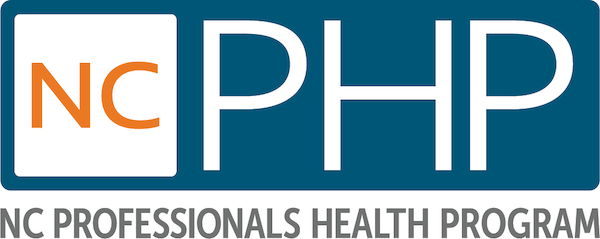Burnout is a state of emotional, mental, and physical exhaustion caused by excessive and prolonged stress. Burnout is a gradual process that occurs over an extended period of time. Physician burnout is a long-term stress reaction widely characterized by three symptoms: Emotional exhaustion, depersonalization, and a diminished sense of personal accomplishment.1
It occurs when we feel overwhelmed and unable to meet constant demands. As the stress continues, we begin to lose the interest or motivation that led us to take on a certain role in the first place. Doctors who suffer from burnout are more likely to have lower patient satisfaction and care quality, higher risks of malpractice, higher rates of substance use disorders, and higher rates of suicide. Thus burnout is costly for physicians, their families, their patients, and their organizations.2
“Burnout and satisfaction with work-life balance in US physicians worsened from 2011 to 2014. More than half of US physicians are now experiencing professional burnout.”3
Signs and symptoms of burnout
- Feeling tired and drained most of the time
- Change in appetite or sleep habits
- Feeling helpless, trapped, and defeated
- Loss of motivation; procrastination
- Increasingly cynical and negative outlook
- Decreased satisfaction and sense of accomplishment.
Behavioral signs and symptoms of burnout
- Withdrawing from responsibilities; skipping work or coming in late and leaving early
- Using food, drugs, or alcohol to cope.
Finding Balance
Here are some strategies for preventing burnout and maintaining a sense of emotional well-being and balance.
Start the day differently.
Rather than jumping out of bed as soon as you wake up, spend at least 15 minutes meditating, writing in your journal, doing yoga, or reading something that inspires you.
Adopt healthy eating, exercising, and sleeping habits.
Proper nutrition, sleep and exercise provide the energy and resilience to deal with daily demands.
Set boundaries.
Don’t overextend yourself. Learn how to say “no” to requests for your time. If you find this difficult, remind yourself that saying “no” allows you to say “yes” to the things you truly want to do.
Take a daily break from technology.
Completely disconnect from technology when you get home (or not on-call). Put away your laptop, turn off your smartphone, and stop checking email.
Nourish your creative side.
Creativity is a powerful antidote to burnout. Try something new, start a fun project, or resume a favorite hobby. Choose activities that have nothing to do with work. As explained above, these activities in particular help nourish the limbic brain, which provides greater emotional resilience.
If you recognize the warning signs of burnout in yourself or a colleague, remember it will only get worse if ignored. If you take steps to get your life back into balance, you can prevent burnout from becoming a full-blown breakdown.
If you think you or someone you know might be experiencing stress or burnout, please contact us today.

